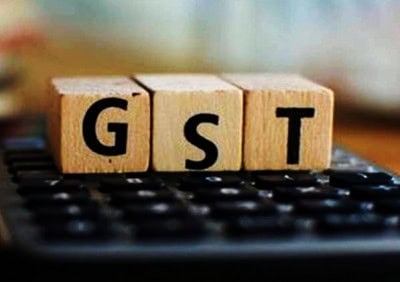New Delhi, March 11 : The Delhi government proposes a major outreach programme with taxpayers to get them on board for increasing their tax contribution to help bolster revenue which was severely hit by the Covid-19 pandemic.
As part of the exercise, the government has involved all ward authorities to prepare a list of 300 top taxpayers in their respective areas and compare their cash payment of state GST (SGST) for FY2019-20 with the SGST deposited in cash for the last four months (November 2020-February 2021).
Based on this list, top defaulter taxpayers who have shown average decline in tax of more than 25 per cent would be personally contacted by tax authorities to ascertain reasons for the decline in tax payment. The authorities would then motivate taxpayers to increase their tax contribution and support the welfare agenda of the government.
In addition, the state government also proposes to telephonically contact top 200 return defaulter taxpayers upto the month of February, including even those belonging to Central jurisdiction, and instruct them to file returns.
“The idea is to make taxpayers aware of the need to contribute towards nation building and pay all their due taxes without delays. This is also important considering the pandemic disruptions have pushed several honest taxpayers to delay and forgo their responsibility to the tax department. Effort will to reach all such persons and motivate them to pay their taxes,” said a government official aware of the development.
The state government also proposes to use the ‘carrot and stick’ policy to make other taxpayers fall in line. To ensure tax filers file returns on time, interest on net cash liability of tax will be levied in all major cases. Also, all cases referred by the Business Intelligence Unit (BIU) will be acted upon with the objective of collecting due tax for March in the month itself.
The Delhi government is stepping up on tax collections in wake of severe resource crunch faced by it during the early months of the lockdown and the pandemic. SGST collections had fallen over 90 per cent in April 2020 and had continued to remain sluggish thereafter. They, however, picked up pace this year with January and February numbers close to reaching the pre-Covid levels.
Disclaimer: This story is auto-generated from IANS service.

